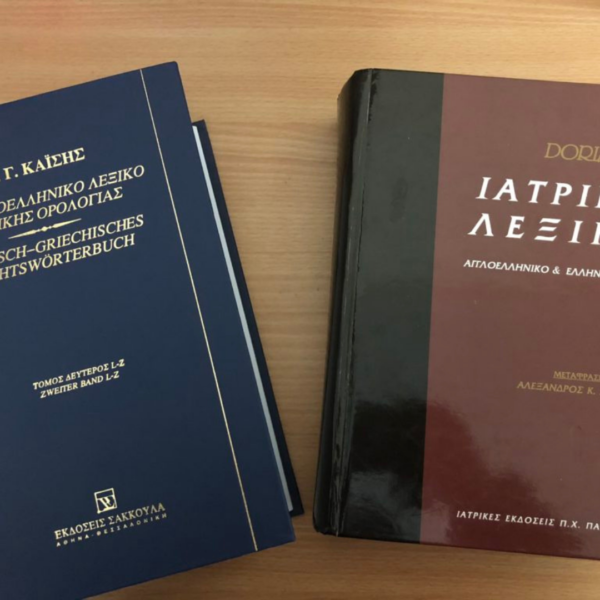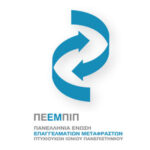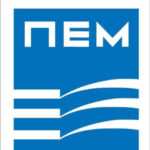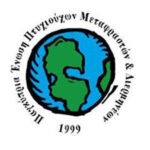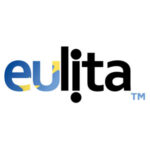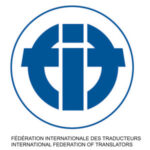To answer this question we should first define what we mean by professional services. I’ll try to explain this through an example.
Recently I translated the website of a fintech company. Now if you take a closer look and try to analyse their content, you’ll be surprised by the variety of the fields involved: finances, accounting, banking, IT, technologies, marketing. All these involved in the same single file! Surprised? Well, this is a frequent common reality in most projects we handle. A great number of modern texts is characterized by interdisciplinarity.
Working methodology
Tools
To elaborate this text I worked with three different term bases: one for IT, one for accounting and banking and one for marketing subjects. Besides the term bases, I had to use specialized dictionaries of various disciplines, namely the Microsoft dictionary for IT terms, an English-Greek financial dictionary and a bilingual legal dictionary as well. Monolingual dictionaries for English, Greek and German were also employed.
Other resources
Dictionaries and self-made glossaries or term bases are of course useful, but don’t you ever think they are enough. To accomplish a translation task, you don’t just need to know the terms. You have to understand the notions as well. Whether it is about finances, IT, medical or legal information, a translator’s general knowledge has to span over nearly every field they work with each time.
This is why we frequently end up discussing with experts or reading scientific articles, experts’ publications, various types of specialized reports etc., while researching for a specific project. In the long run, our knowledge is regularly reinforced through various seminars, conferences, lectures, courses, training and other events. Magazine subscriptions, like The Economist or Der Spiegel, are a characteristic and rich source of knowledge as well.
The professional approach
So, what does professionalism mean? It means knowing what the right tools to use are. It means searching and developing effective research techniques. It means continuously evolving by staying alert and constantly learning new things. It means deeply analysing the elements of a project, rather than staying at the surface and adopting the easiest solution. Our methodology, our technique and in general our attitude is what makes us stand out as professionals and adds extra value to YOUR work.
The example of the website
It’s true that the idea many people have for translation is often simple and unidimensional. If you consider though the complexity of the professional approach, you can easily understand the great benefit you can have for your own business and products.
What would be the chances of success for a website translated in a simplistic way? How likely would it be to persuade your audience and make them want to buy your products, if the translator doesn’t put in all the mastery achieved through the professional effort? How can you excel as a business expanding to foreign markets, if you adopt a simplistic linguistic approach?
The path to excellence passes through the engagement of a professional translator as well. Remember this when you assign your next task!

